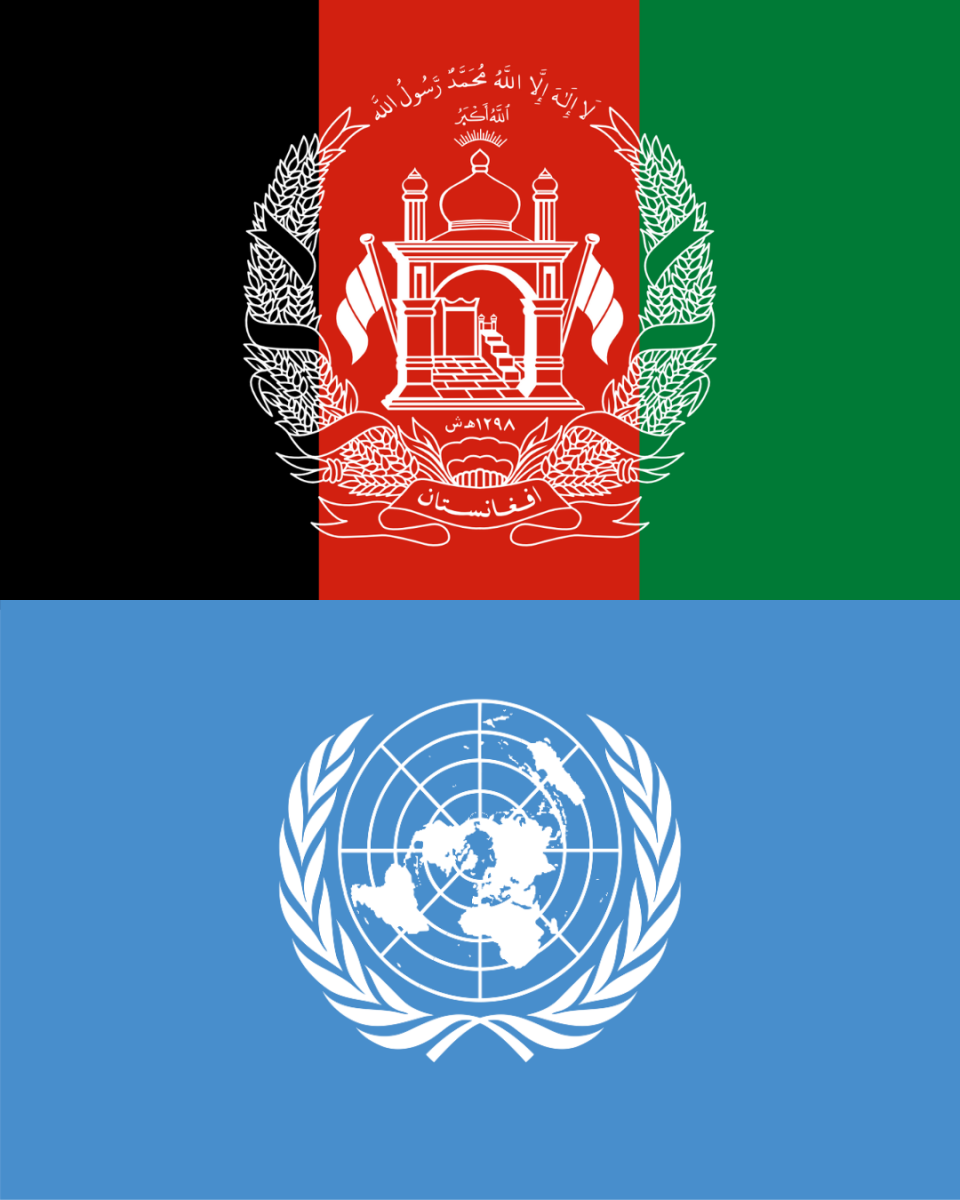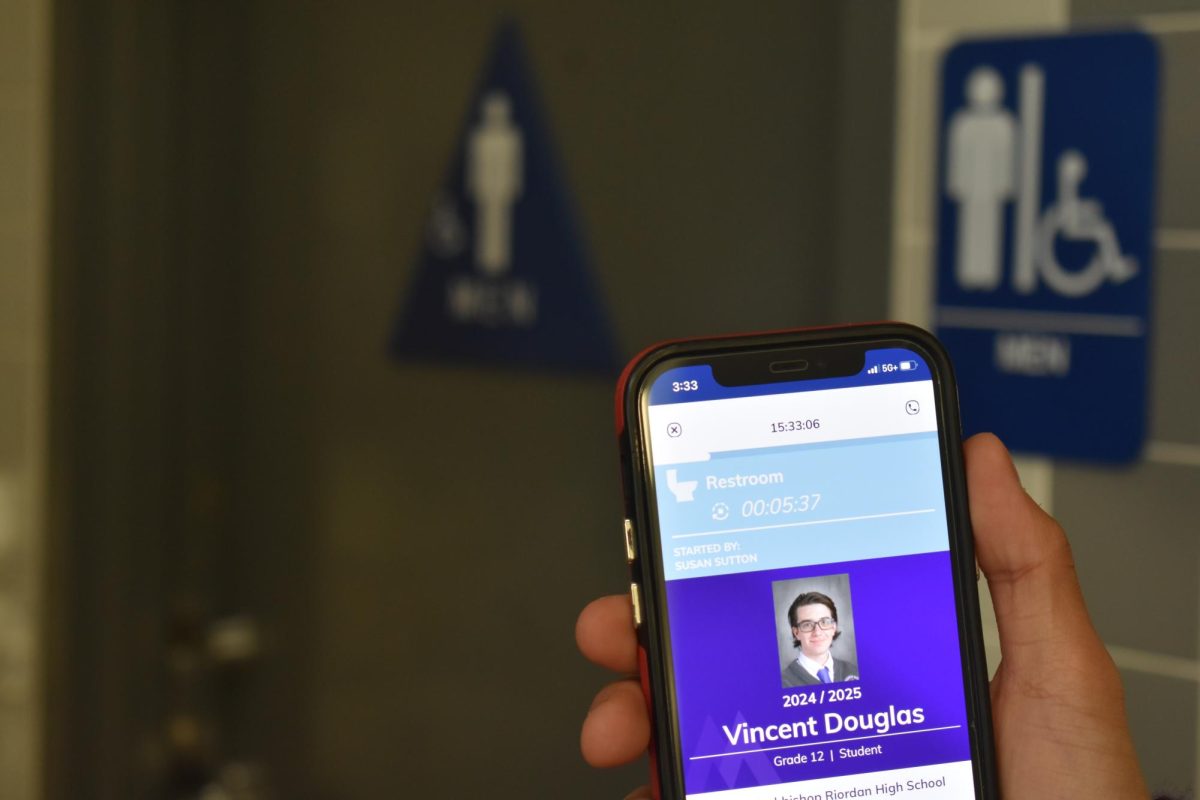In the recent U.S. elections, the role of money in politics has never been more apparent. Whether it be billionaires influencing national campaigns to San Francisco’s record breaking expensive elections, financial influence plays an alarming role in shaping every level of American government–whether people choose to recognize it or not.
At the national level, Donald Trump’s relationship with Elon Musk has afforded the already richest-man-in-the-world a concerning amount of additional power. Musk has been an outspoken supporter of Trump, backing things like his policies on deregulation and tax cuts. Trump’s new tax plan, which aims to reduce corporate tax rates and provide incentives for private investment, plainly favors the rich at the expense of working-class Americans. It enables rich billionaires like himself to thrive while leaving everyone else to suffer.
For his support, Musk has been rewarded with a government position as head of the Department of Government Efficiency (D.O.G.E) alongside billionaire Vivek Ramaswamy, which aims to make the government more efficient by slashing regulations and cutting “unnecessary” spending. There’s a certain irony in a “cutting costs” department to be led by billionaires, and an “efficiency” department led by two people.
To get there, Musk poured hundreds of millions of dollars into Trump’s campaign, and even paid selected swing state voters $1 million in exchange for signing a right-wing petition.
His acquisition of X–formerly Twitter, which came at a whopping $44 billion price tag–also undeniably fueled the direction of the campaign. On the App Store, X is #1 in News; since owning X, users have reported a decidedly right-wing turn among content, which in turn shapes public perception of the millions of voters that use X as their top news source. Additionally, Musk has gutted content moderation staff, which has led to the reinstatement of white supremacist accounts and a concerning rise in racism, antisemitism, misogyny, and misinformation in the name of “free speech.”
However, that’s not to say Musk’s time in government started in 2024. Musk’s Tesla and SpaceX have an extensive history of government contracts, totalling $3 billion with almost 100 different contracts in the past year alone with 17 separate federal agencies. To put Musk in government would pose a seriously concerning conflict of interest, and an enormously disturbing amount of power in the hands of a single man. As the kids say: checks and balances, who?
The 2024 presidential election is a prime case study on the conglomerate of power that money can buy–the bureaucracy, the media, and now the White House.
Even the intersection of money and politics is clear at the local scale. This is seen here in San Francisco with newly elected mayor Daniel Lurie, heir to the Levi Strauss fortune who spent millions of his own money into his campaign. His mother donated millions to her son’s campaign as well. Their contributions have made this mayoral race the most expensive in San Francisco’s history.
Even his fiercest opponent isn’t immune: Mark Farrell, a mayoral candidate and former venture capitalist, shows how financial interests often go hand in hand with political ambitions. Farrell’s involvement in a recent money scandal by commingling campaign funds has wrought a $108,000 fine by the Ethics Commision, the most expensive in SF history. Despite Farrell’s public denials, the controversy casts a long shadow over San Francisco’s political landscape. It’s unfortunate how much of the history being made this year has to do with the obscene amounts of money in politics: grim milestones that threaten the supposedly people-powered nature of democracy.
Overall, this emphasizes the challenges of transparency and taking accountability in politics as a whole. In this day and age, where the 2010 Supreme Court case Citizens United v. Federal Election Commission removed restrictions on campaign spending by corporations and unions, the ability of money to influence elections has reached unprecedented levels.
The question begs to be asked: Does American democracy still function when money talks louder than voters?






